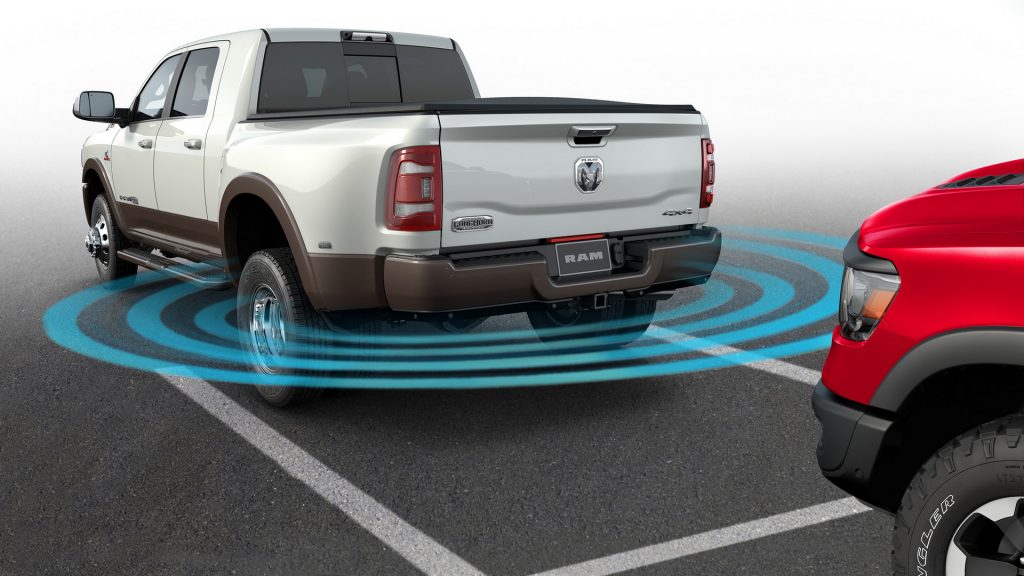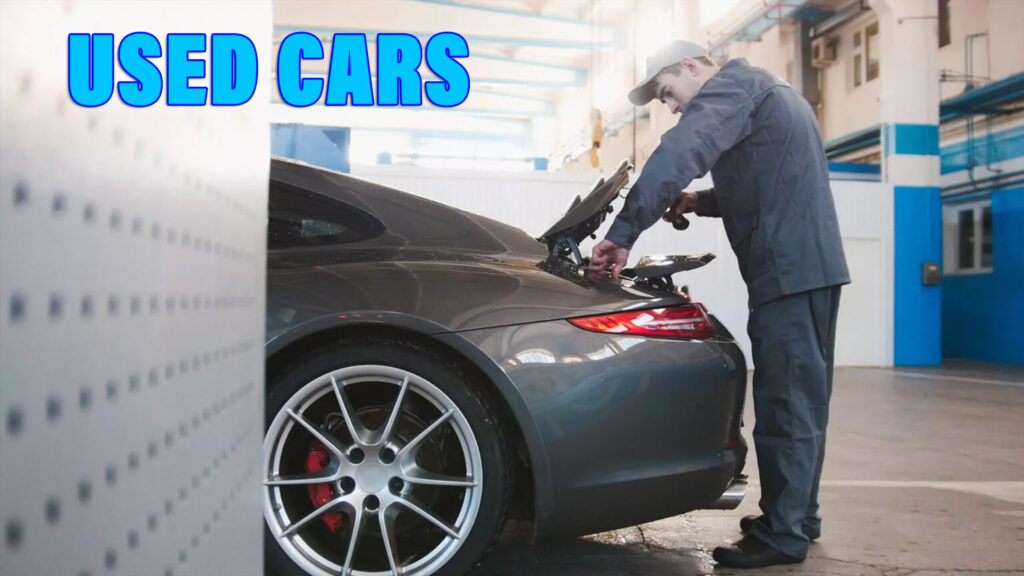America’s average vehicle age is growing, and while that might not be great news for dealers trying to shift new metal, it could present mechanics, repair shops and aftermarket parts suppliers with a great money-making opportunity.
The supply of new cars has been limited in recent years and that has forced many drivers to either buy used or hang on to their existing vehicle for longer. Data crunched by S&P Global Mobility showed that the 13.8 million cars, SUVs and light trucks sold in 2022 was the lowest in a decade and helped push the average vehicle age to 12.5 years.
But while the supply of new cars has now increased, demand hasn’t kept pace. S&P Global Mobility cites lingering inflation and high interest rates affecting financing costs as factors that might continue to prevent the recovery of new vehicle demand. It says demand for auto loans is currently lower than in was in the third quarter of 2020.
Related: Vehicle Repair Costs Have Ballooned 20% In 12 Months, Here’s Why

Which means more used cars on the road, and more older cars being pressed into the kind of high-mile service that’s normally handled by newer, theoretically more reliable, vehicles. S&P Global Mobility predicts that vehicles between six and 13 years old will increase their share of annual miles traveled, taking a bigger slice of the usage pie than vehicles in the zero to five-year-old group and those over 14 years old.
That’s great news for mechanics and auto repair shops, and it’s also great news for aftermarket parts supplier, and not just those making the kind of parts that always need replacing on older cars, like exhausts and suspension components, but sensors, too. S&P notes that cars in service bays will increasingly be loaded with sensors used by infotainment, communication and safety systems, such as adaptive cruise control, which has become increasingly common over the past eight years.
S&P’s Todd Campau suggests that it could be boomtime for suppliers making and selling sensors, and of course mechanics should have healthy stream of work replacing them. The downside is that these increasingly complicated new cars require repair shops to invest time and money in the equipment and training to handle repairs.




